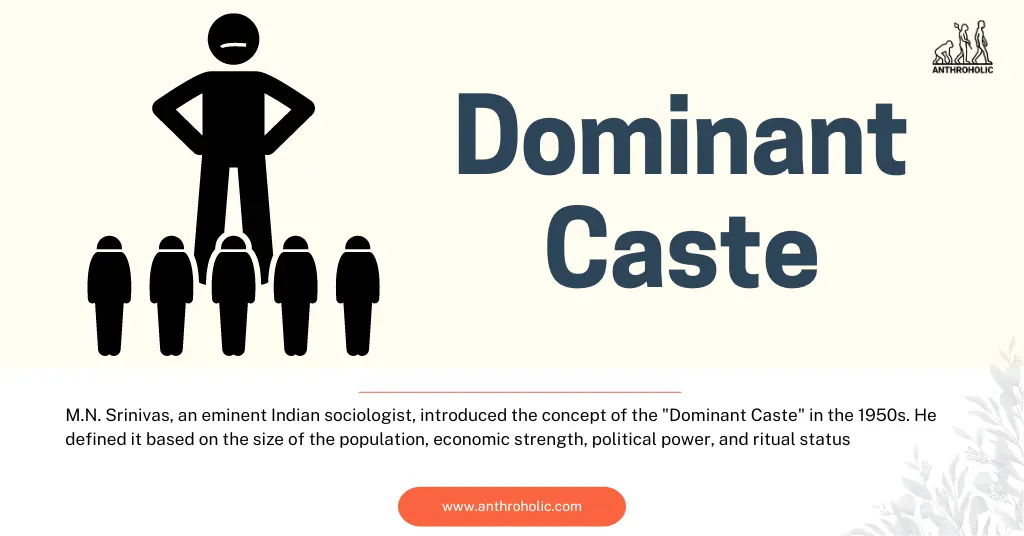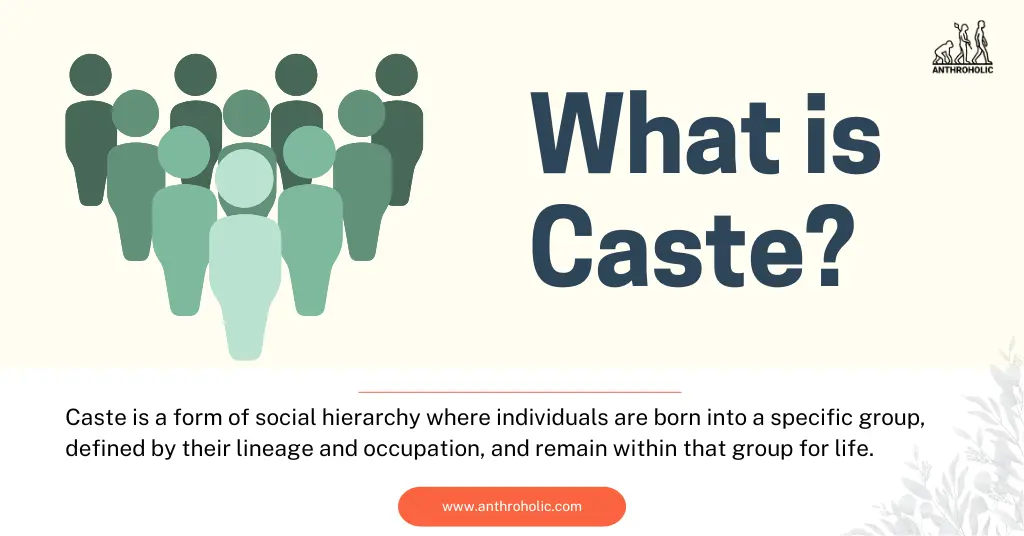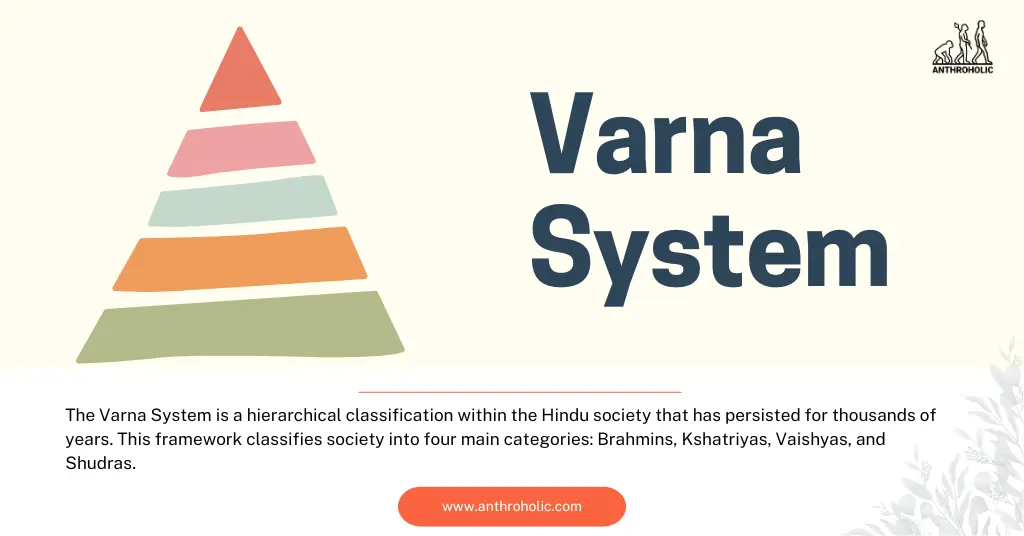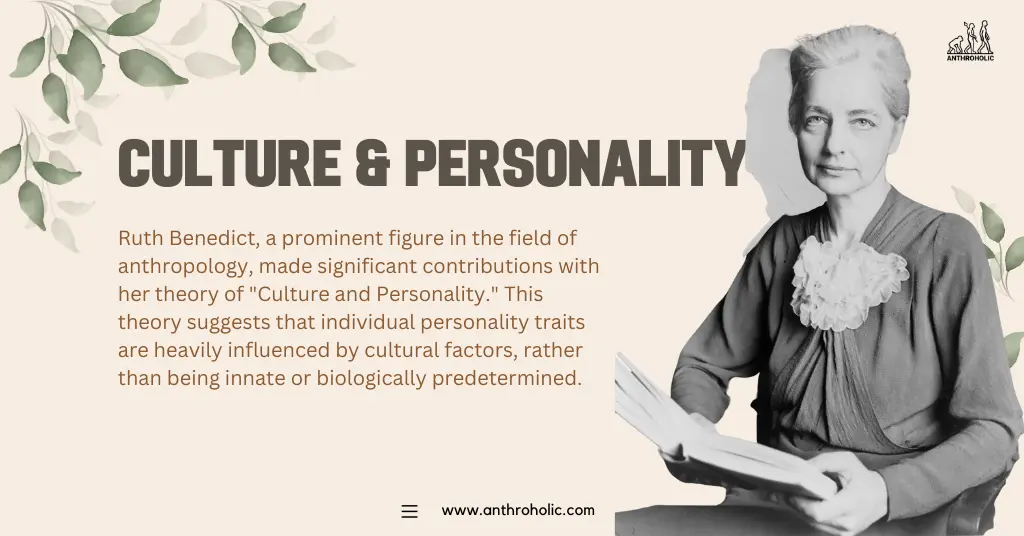AI Answer Evaluation Platform Live Now. Try Free Answer Evaluation Now

Anthropology or Public Administration for UPSC?
Among the myriad of choices, Anthropology and Public Administration Optional emerge as prominent contenders. Choosing the right option










